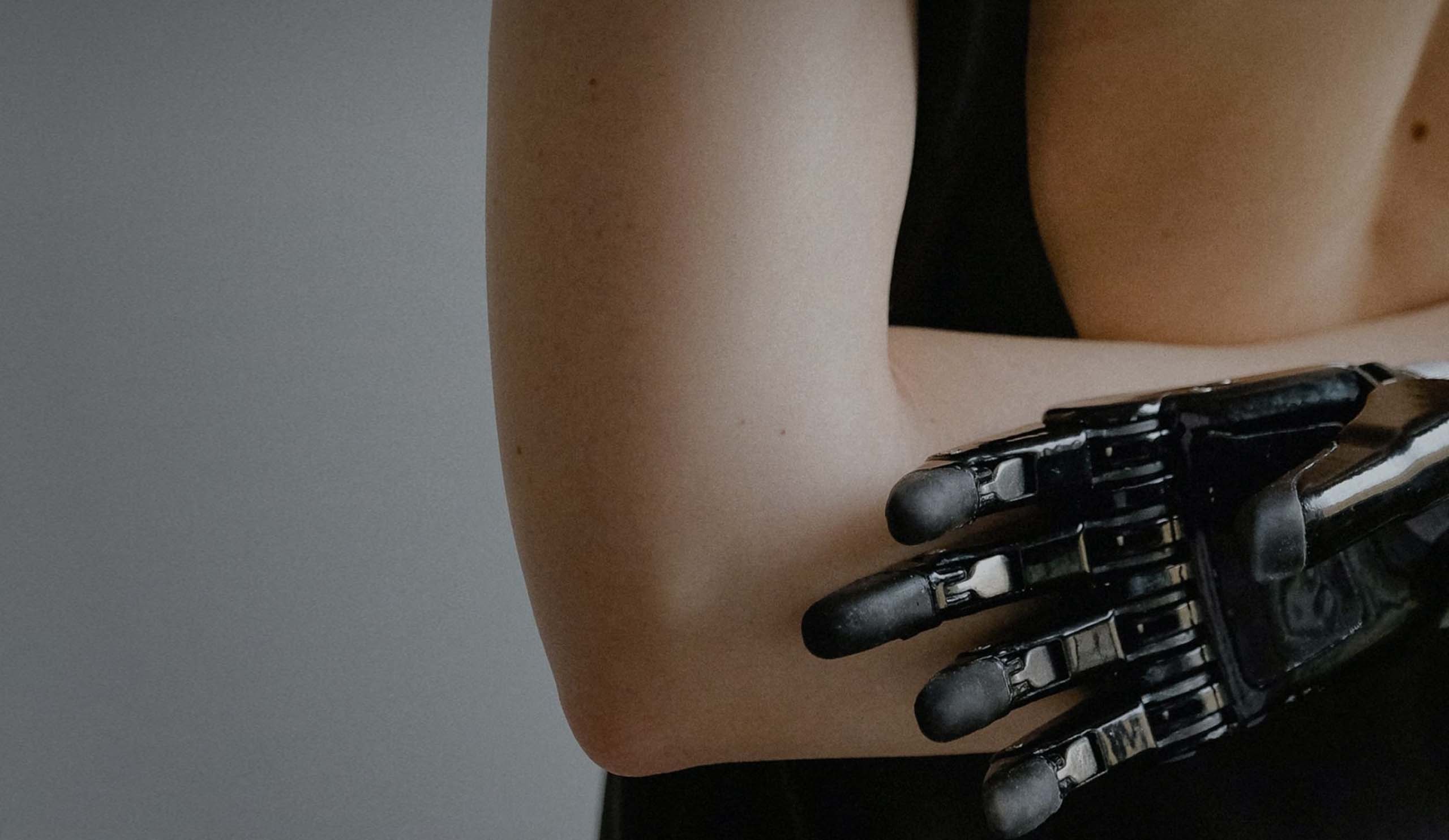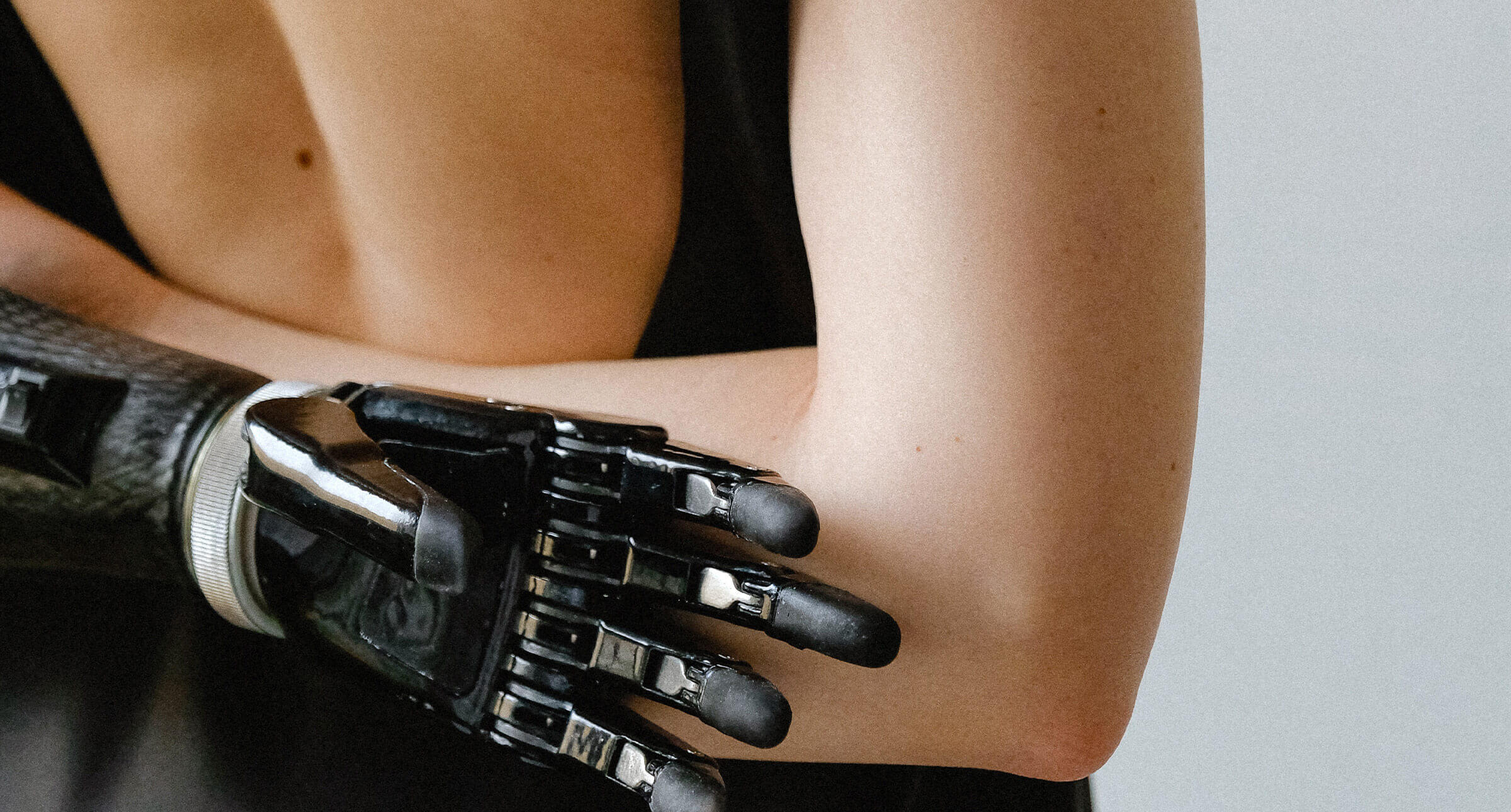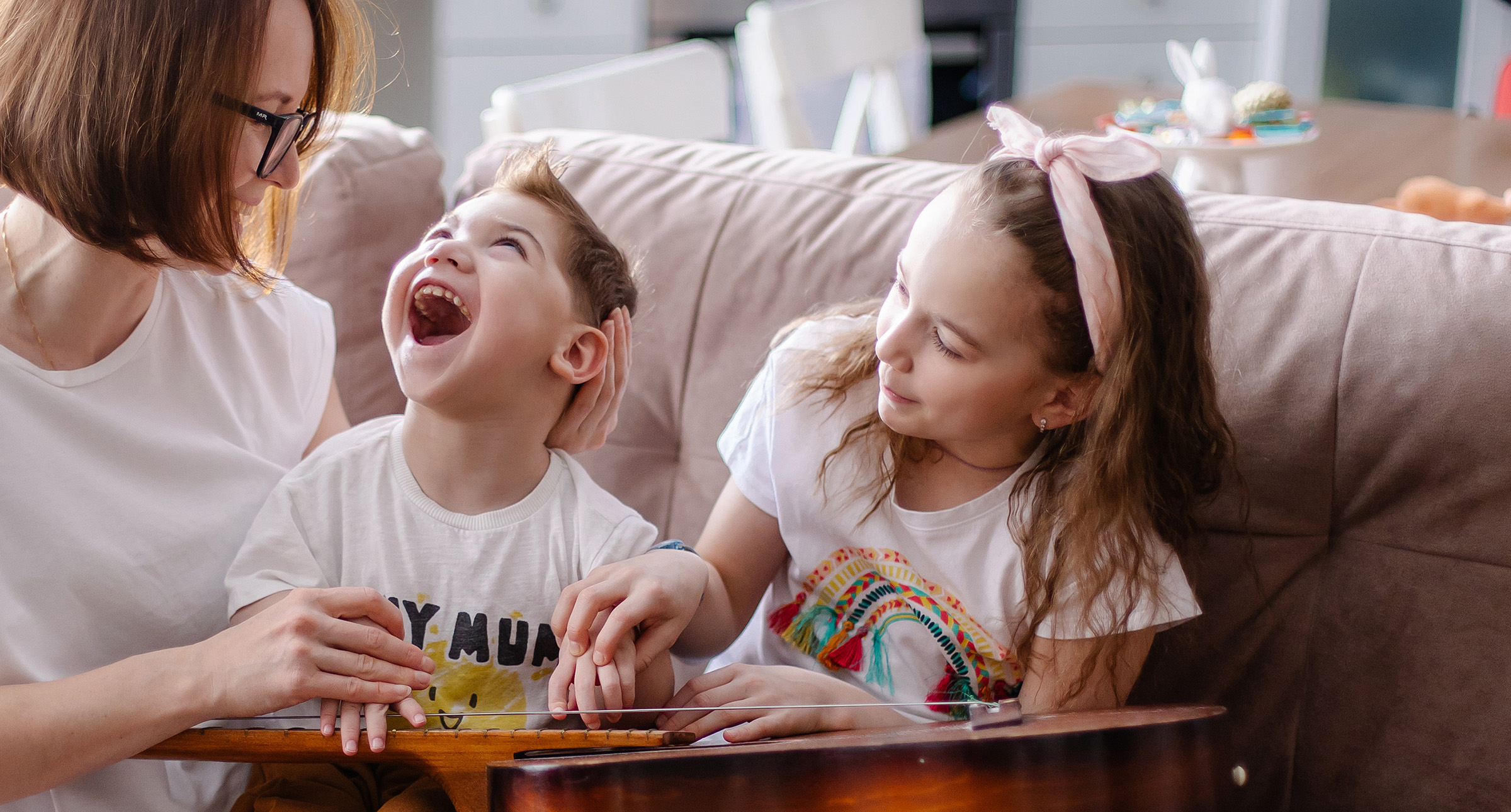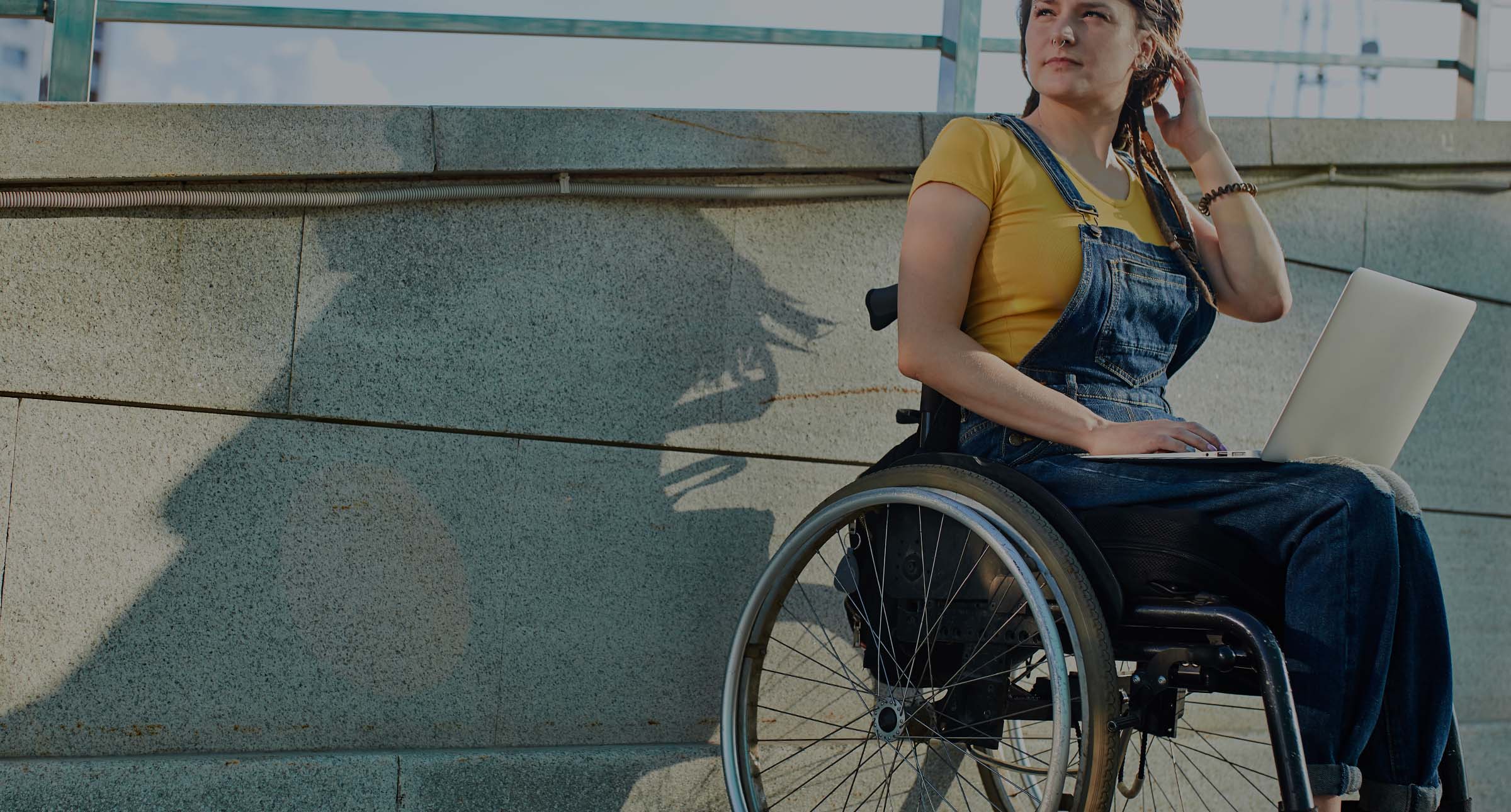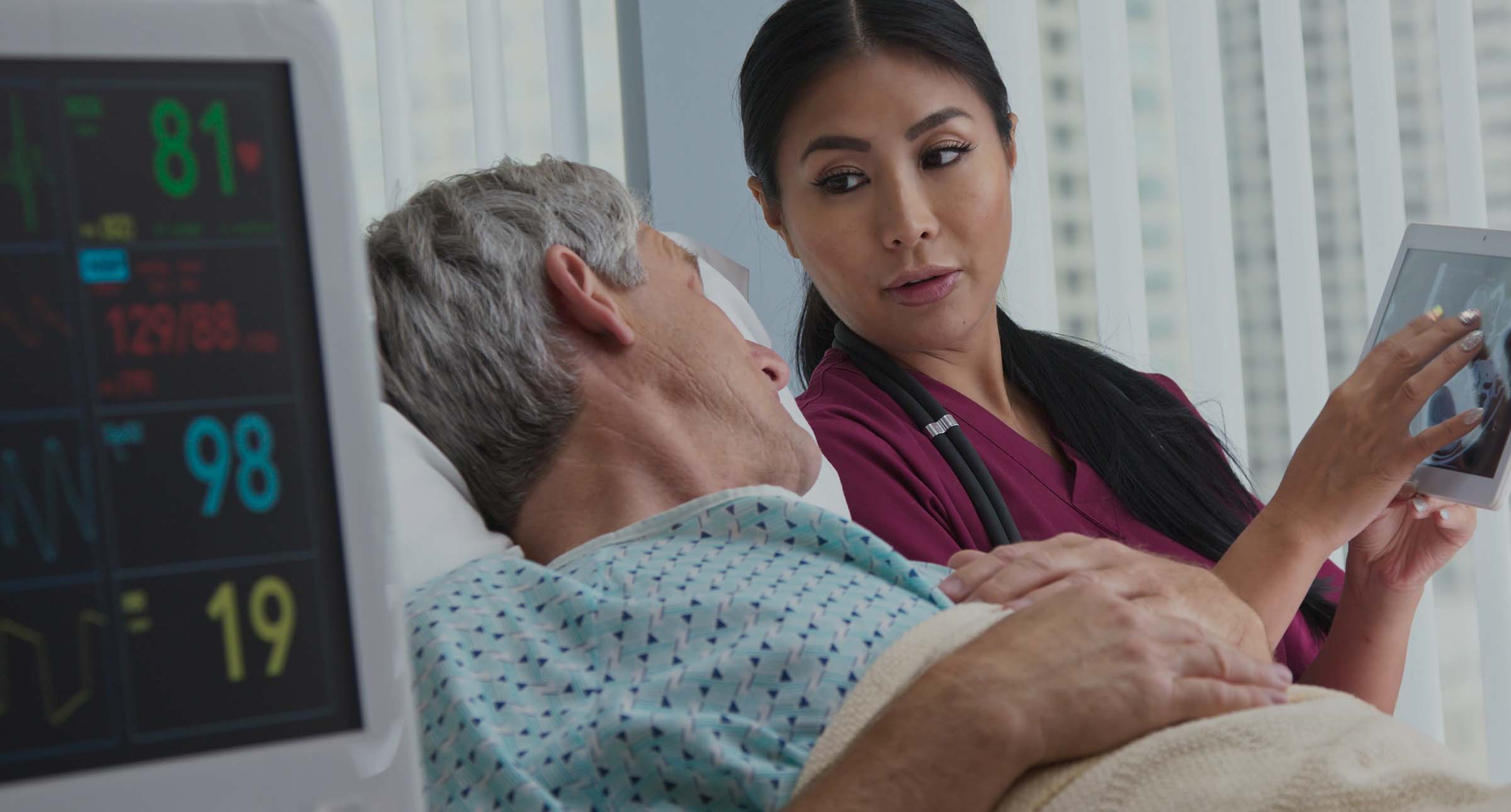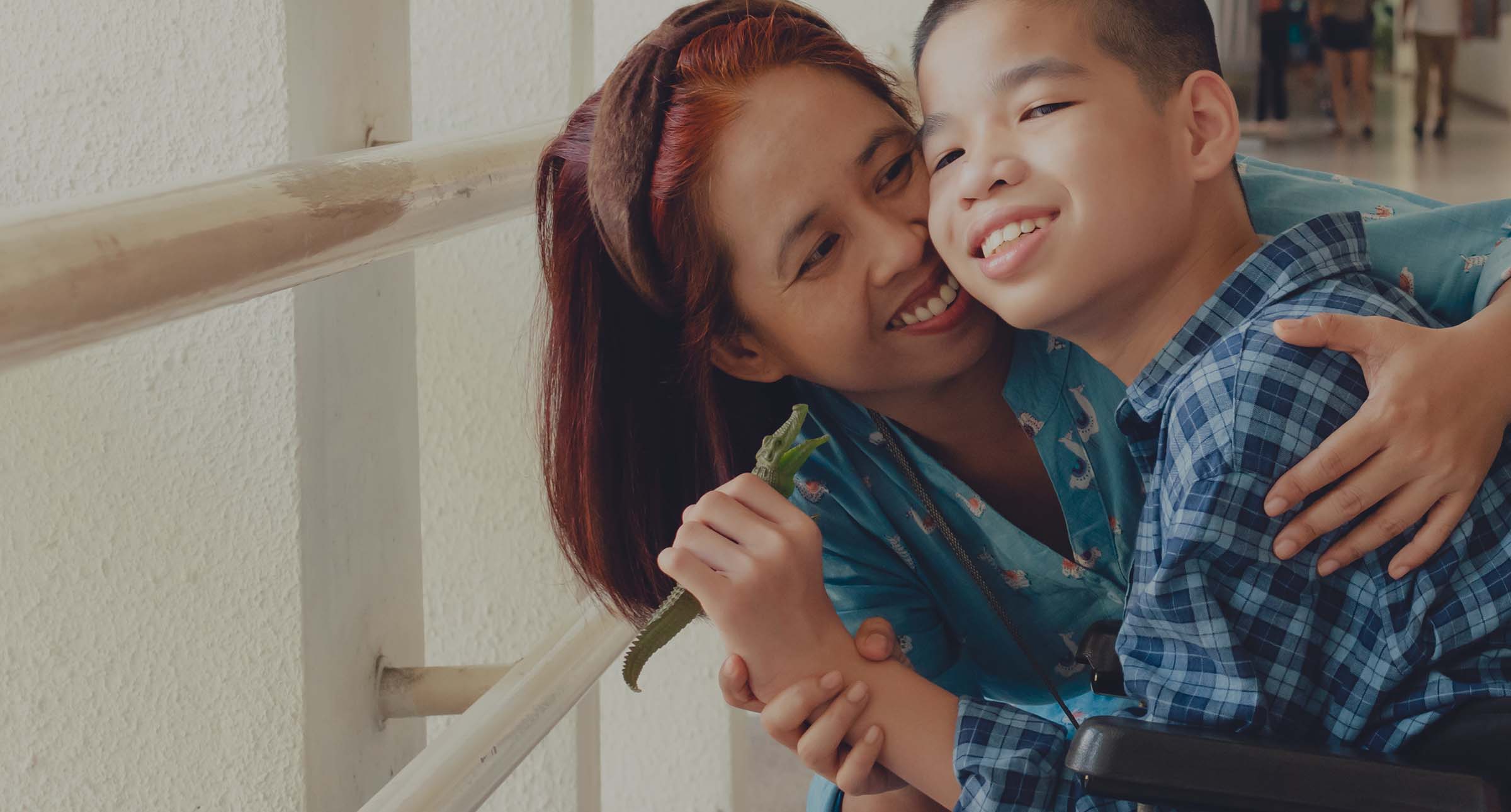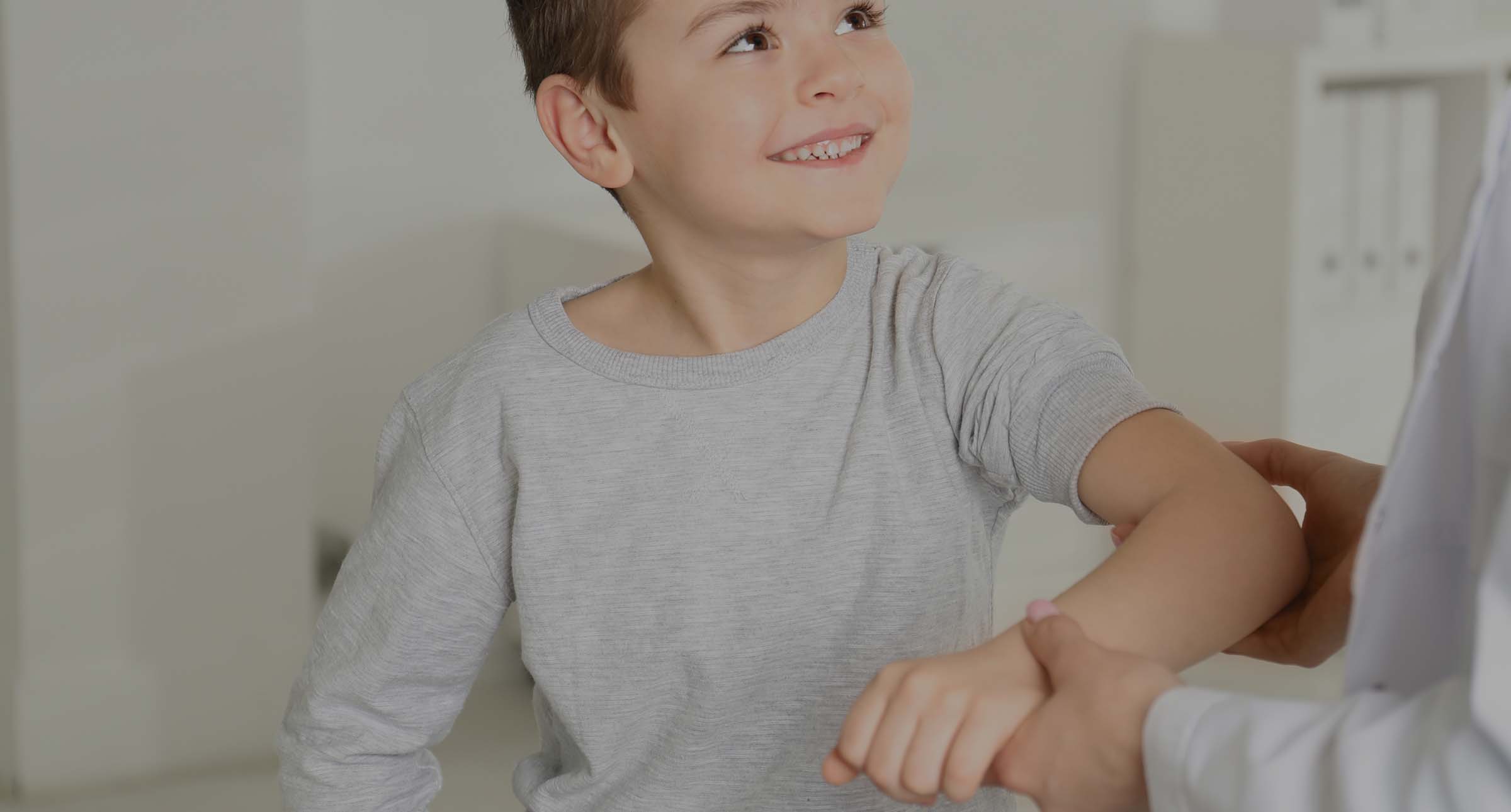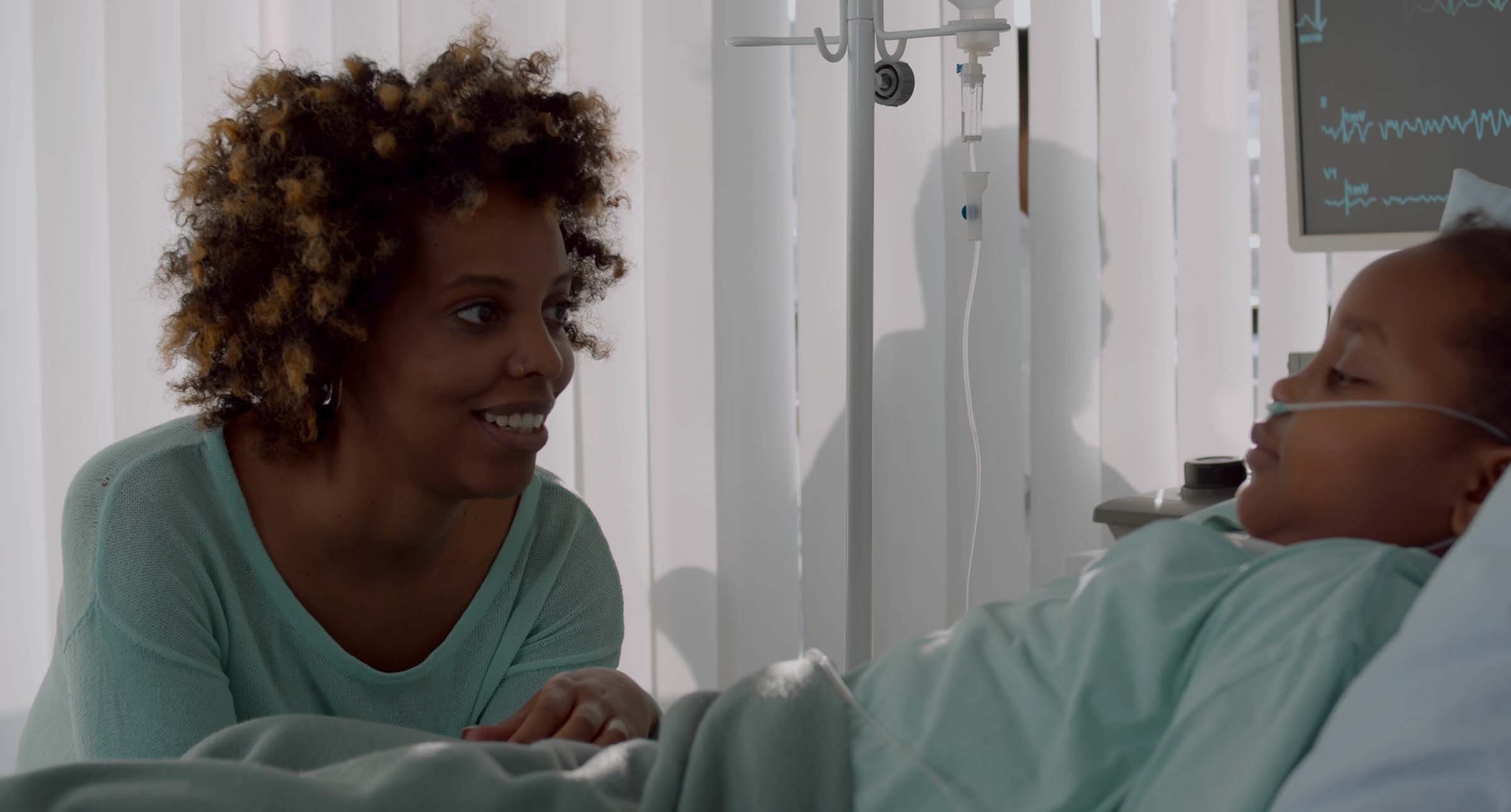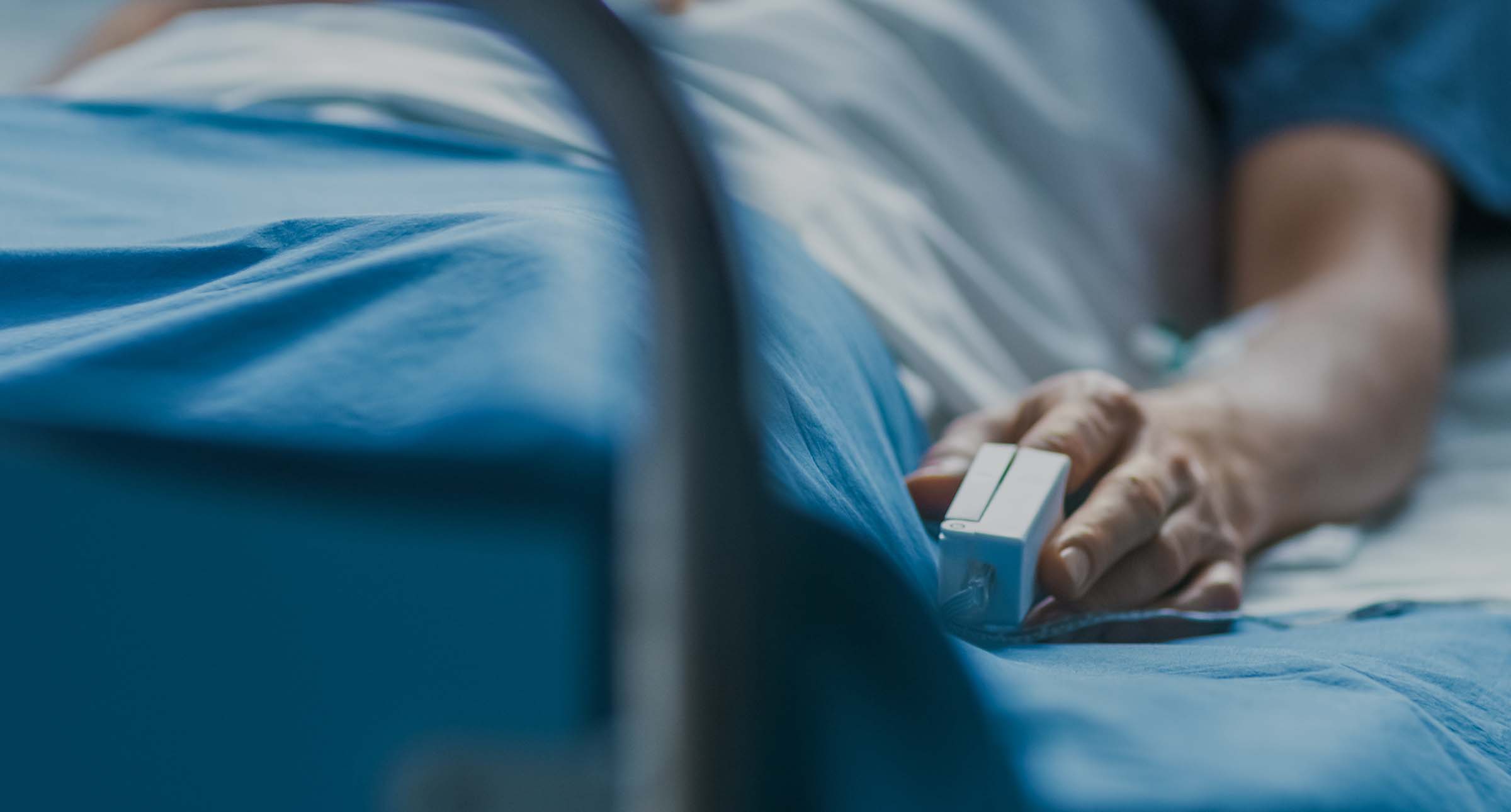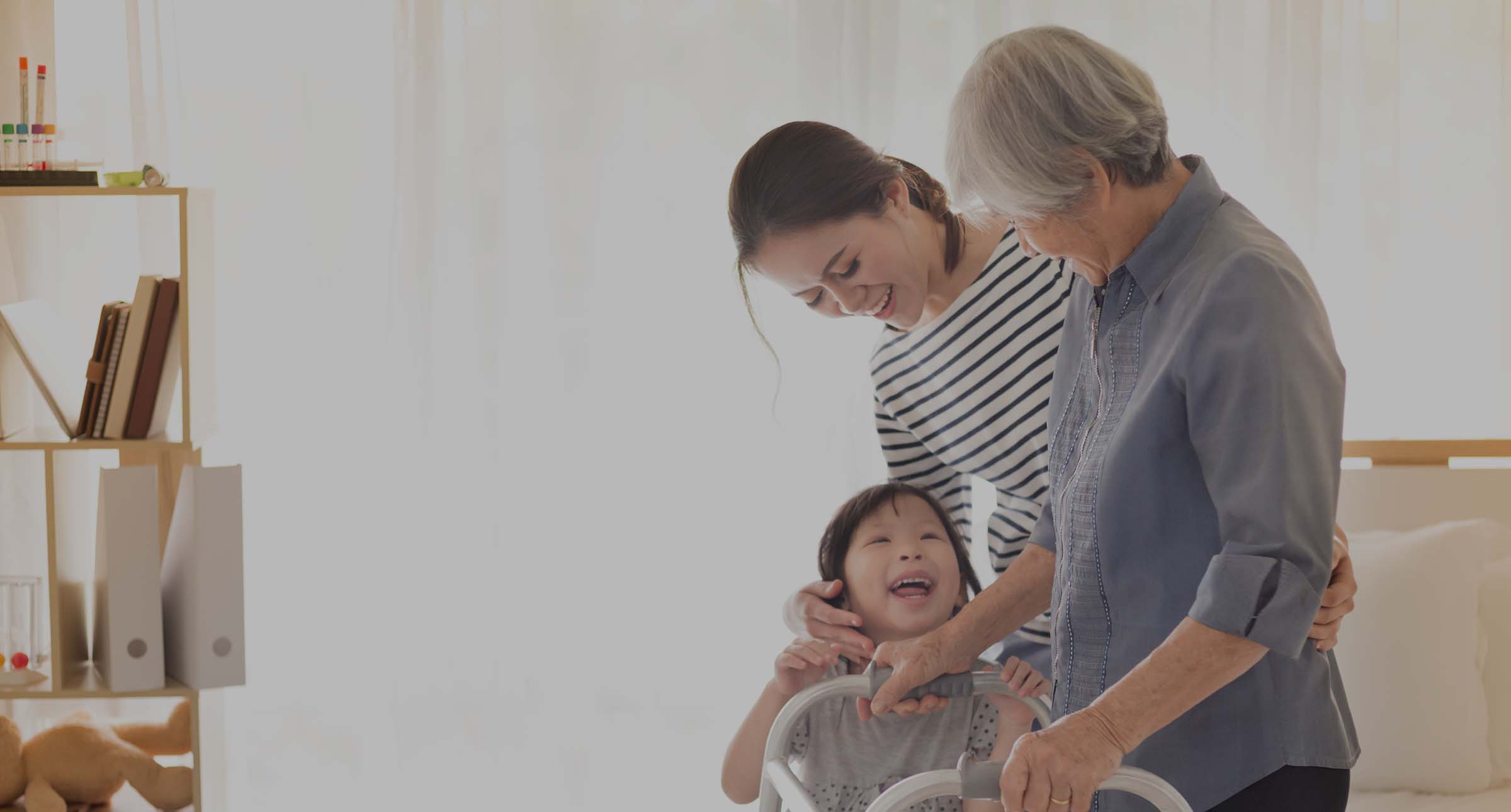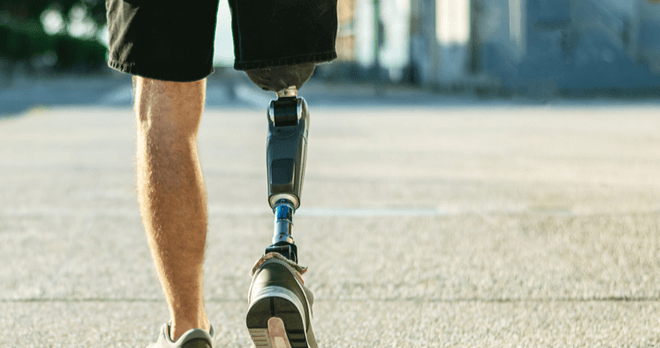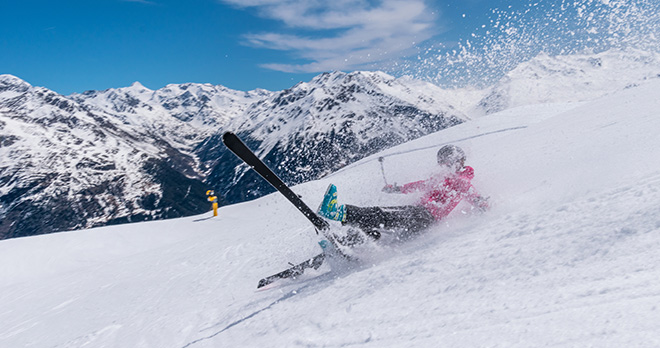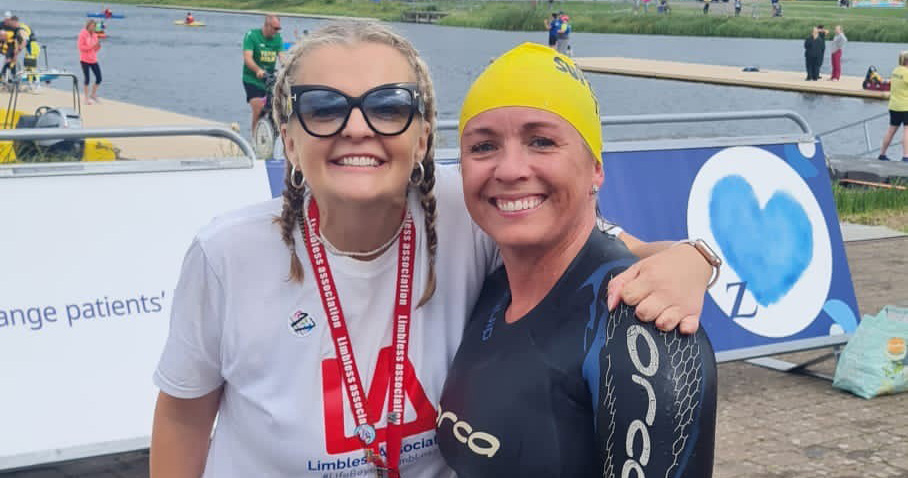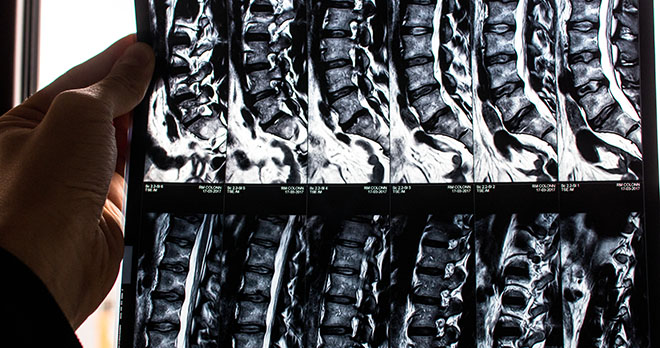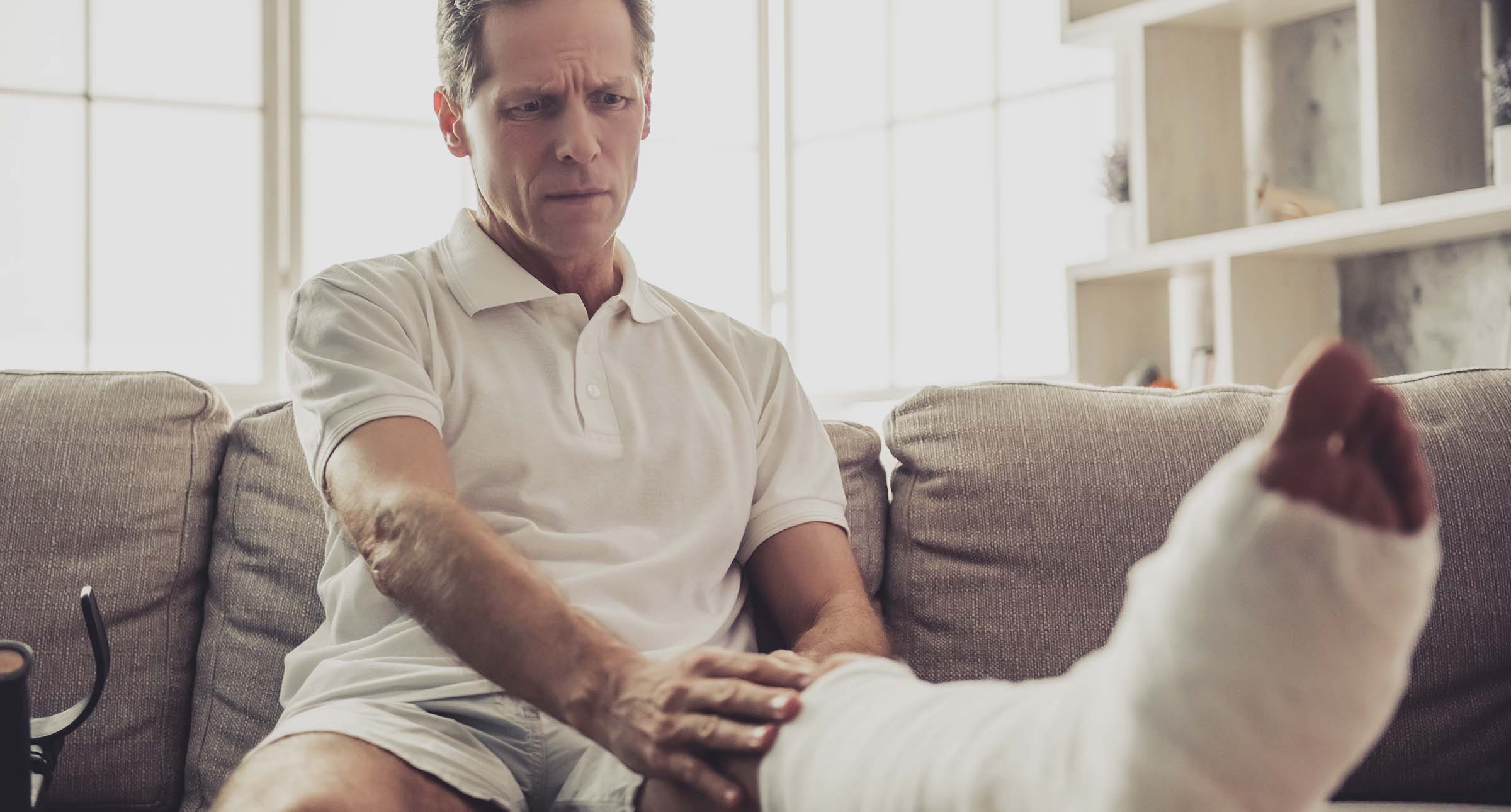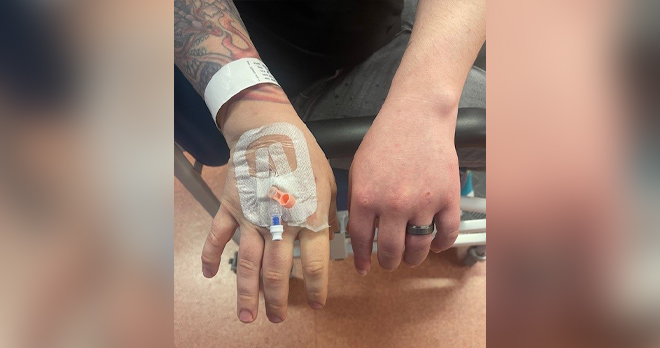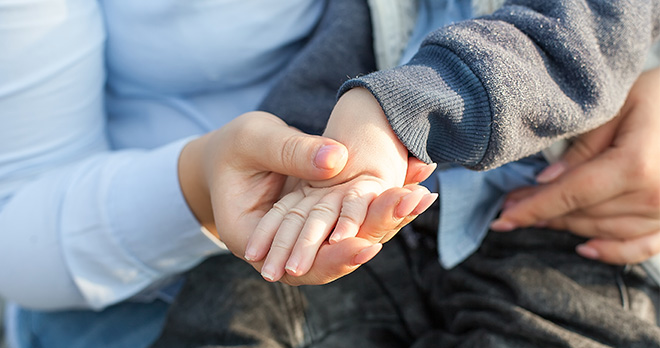Spotlight on the Riding for the Disabled Association (RDA)
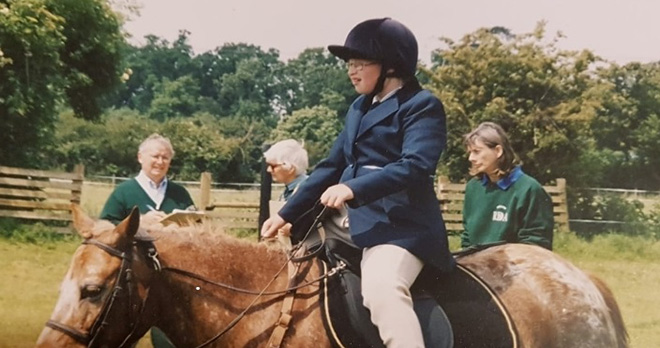
Para-equestrian dressage has only been on the Paralympic stage since the games were held in Atlanta in August 1996. The competition included all physical impairment groups and visually impaired athletes and men and women competed together on borrowed horses.
Great Britain have always been a strong team, winning gold in the Mixed Team Open in Atlanta in 1996, Sydney in 2000, Athens in 2004 and in Beijing in 2008!
Riders are classified according to their functional ability by four grades and five categories. The National Paralympic Heritage Trust provides details:
- Grade Ia riders are usually wheelchair users with impairment of all four limbs. They may be able to walk, but this is usually with an unsteady gait due to difficulties with balance and trunk stability.
- Grade Ib riders are similar to Grade Ia in that they are mainly wheelchair users with poor trunk balance and impairment of function in all four limbs, or no trunk balance and good upper limb function or moderate trunk balance with severe impairment of all four limbs.
- Grade II riders are often wheelchair users. Riders in this grade can have severe impairment involving the trunk but have good or mild upper limb function, or can have severe arm impairment and slight leg impairment, or can have severe degree of impairment down one side.
- Grade III riders are usually able to walk without support but may require a wheelchair for longer distances. Riders can have moderate unilateral impairment, moderate impairment of all four limbs, or severe arm impairment. Blind riders (B1 total loss of eye sight) compete in this category but must wear blacked-out glasses or a blindfold.
- Grade IV riders have an impairment in one of two limbs or some visual impairment (partial loss of eye sight) at B2 level.
Horses and riders complete three tests: a Team Test, an Individual Test and a Freestyle Test where riders choose their own routine and set it to music. Five judges from different countries mark each movement with scores out of 10 for technical difficulty and artistic merit and the results of the Team and Individual Tests are added together to arrive at the overall Team score, with the best three scores counting.
The GB Para equestrian team for the Paris 2024 Paralympic Games comprises an all female squad including Natasha Baker, Mari Durward-Akhurst, Sophie Wells and Georgia Wilson.
Like many young equestrians with additional needs, Georgia Wilson, who has cerebral palsy, started her career with the Riding for the Disabled Association - or RDA to its friends. The RDA has a strong legacy of producing para-equestrian riders and in the London Paralympics of 2012, all 5 of the Team GB para riders started out with the RDA.
Riding for the Disabled Association
This year marks the 55th anniversary of RDA which was founded in 1969 after the benefits of riding for children and adults with disabilities was being increasingly realised. The first president of the RDA was the Duchess of Norfolk and HRH Princess Anne was the Patron. In 1976, the Princess took over the position of President and continues to hold this position today!
As a volunteer with RDA in Bath (the Wellow Group), the RDA is particularly close to my heart and having been around horses for almost as long as I can remember, I can’t help but recognise their ability to make people feel calm and to provide a huge sense of freedom, particularly when we experience the restriction of physical disability.
Five years ago, I had the privilege of interviewing Caroline Ward, communications manager at RDA UK and I asked her what makes RDA special and how it helps differently-abled people stay active:
“Now in its 50th year, RDA delivers therapy, achievement and fun to children and adults with disabilities through riding, carriage driving and other horse activities. RDA’s activities have been shown to deliver physical benefits – like improved coordination, muscle strength and balance – as well as other benefits including building confidence, communication and overall wellbeing”.
Closer to home, I interviewed some of the young riders and their families from the Wellow Group RDA to find out what they have got out of this special charity:

Laura’s Story
“When I was at school I was in a disabled class and they were going to Wellow for a little ride and I have been coming ever since.
I had a leader and two side helpers when I started but now I can walk unaided and trot and canter. I even galloped once!
It has helped my disabilities a lot. I have dyspraxia and I find it really hard to balance but riding has helped me balance loads.”
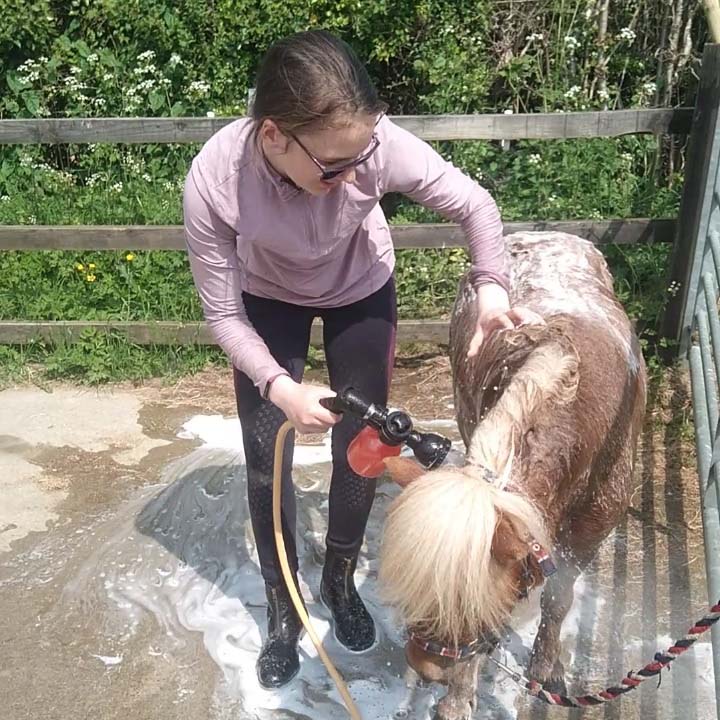
Lily’s Story
“When I was six years old my mum took me to the RDA. I am visually impaired and my mum took me to do something that I would enjoy and I loved it.
I have been coming ever since and have competed in National competitions.
In May this year, I went with the Wellow Group to the Royal Windsor Horse Show and competed in the Fancy Dress Class as The Wizard of Oz. We took Smartie and Hector. Hector was the yellow brick road and Smartie was the lion.
Spending time with the horses helps a lot with my anxiety. I enjoy interacting with others and with the ponies and I get to learn new things.”
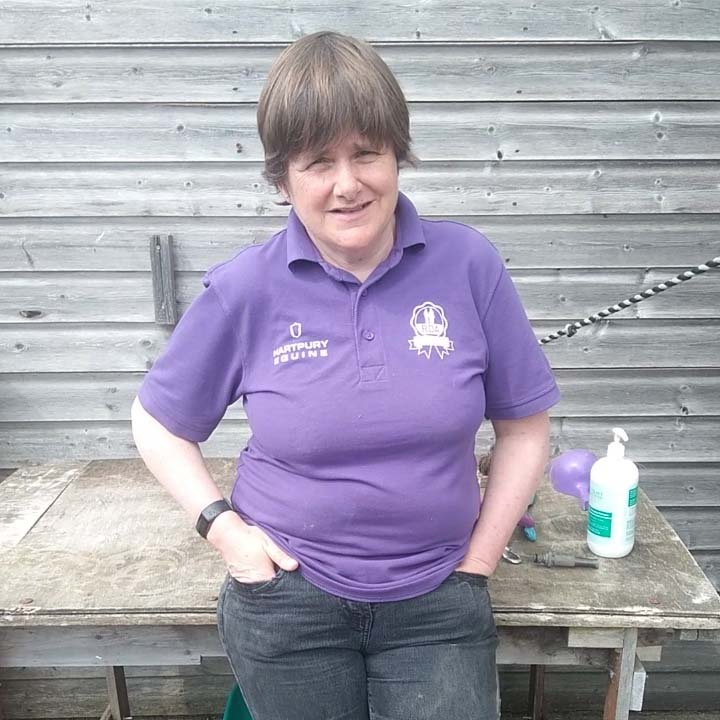
Sam’s Story (Lily’s Mum)
“I started bringing Lily when she was six years old and believe it or not, I was petrified of horses and wouldn’t go near them, but gradually, I was convinced that they needed help on a Saturday and now I do it three times a week!
I have spent a large part of my life working one to one with children with additional needs so it is very similar to RDA and as I’ve always worked with kids with disabilities, I have picked up some sign language along the way which is really useful.
I enjoy being with the children at RDA. And at the moment, while Lily is struggling so much with other things, it is nice to see her in her happy space and enjoying herself and relaxed.”
Goodluck Team GB!
By the time this article is published, the para equestrian team will have already competed at the Chateau de Versailles but in the meantime, we wish them all the very best of luck. We will be cheering for you!
Our expert injury solicitors have helped to secure access to sport and other physical rehabilitation for many clients. If you are considering a claim for compensation, contact us today to find out how we can help.
Call now
